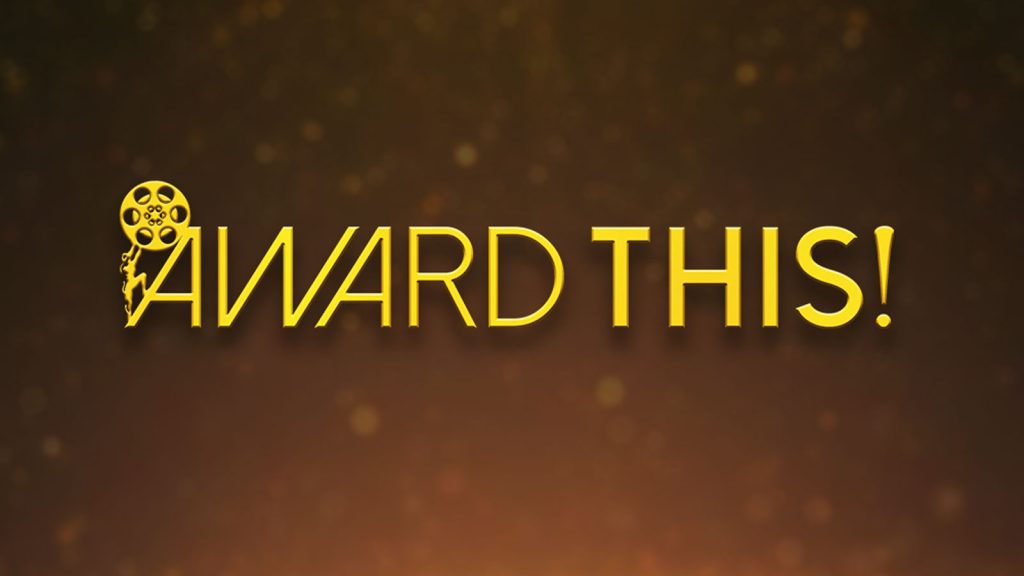
Years after its release in 1982, fans of “Blade Runner” gushed about how prophetic it was in terms of its look and the world we live in today, and even though we don’t have spaceships, killer androids or electric sheep for that matter, the overall portrait of Los Angeles buried in an urban jungle amidst outrageously designed skyscrapers is more or less accurate. It wasn’t long ago that we thought of 2002 as the great and distant future, and we wondered what it would be like.
Try as I might though, I can’t believe the world, the “not so distant future” world of “Equilibrium,” the new entry into the Fritz Lang-Ridley Scott sweepstakes that is low rent from frame one and I’m not talking about the hardware. The film opens shortly after America has sparked World War III, where the remaining survivors are trapped in a dystopian nation called Libria where, in order to prevent war and violence once and for all, the powers that be, led by an omniscient presence named “Father,”(read: Big Brother) have decreed that the inhabitants mustn’t be allowed to “feel” anymore and that anyone who does show human feelings, which are apparently only sparked by music, poetry, and books, must be killed.
They do this by sending out an army of Clericks: gun toting, special forces dudes who are programmed to kill the “sense offenders” and in one of the opening scenes of the film, we see a Clerick, John Preston (Christian Bale), not only burn a copy of the Mona Lisa, but blow the brains out of some guy who’s reading a bootlegged copy of the works of Yeats. Everyone’s supposed to be hyped up on a sense-killing drug called Prozium, but then one day, Preston stops taking his injections and all of a sudden he rebels and tries to overthrow the system. Actually, it’s the sight of a wounded puppy dog and its cute little eyes that drives Preston over the edge.
“Equilibrium” is a seriously bad film with seriously warped logic by writer-director Kurt Wimmer at the screenplay level. The Orwellian government propaganda is so recycled and tired and the dialogue’s really phony, like when Preston assures his suspicious superiors, “I’m not feeling.” Can’t they tell? The film doesn’t have the slightest notion of how society could be governed like this in the first place. Today, America is such a split country in terms of Conservative and Liberal ideology, almost polarized, so why would World War III leave behind only those people who believe in an authoritarian government? After that, is there any surprise when one man, Preston, has stopped taking the sense killing Prozium, or that he suddenly decides to fight the system, while at the same time falling in love with the beautiful resistance leader (read: Maria from “Metropolis”) played by Emily Watson. Haven’t these guys read Animal Farm, 1984 and Fahrenheit 451, and isn’t the point that the powers that be in Libria have rejected their ideas and now set out to crush them? So why would they be surprised when some maverick tries to bring the whole system down since it’s happened so many times before in history, not to mention science fiction films?
“Equilibrium” squanders its one promising idea: that being Preston, the hero, faking his own “dead state” in order to undermine the system. The problem is that unlike in the “Invasion of the Body Snatchers” remake where the Donald Sutherland character faced the same terrifying challenge, the enemies here are human and fallible and easily fooled. It’s at this point, in between the naive and simplistic sermonizing reminiscent of the subliminal lecturing in the equally awful “Left Behind,” that Preston, completely a rebel fugitive, gets into a series of ridiculous Matrix style battle scenes which could be called “Gun Fu” in the way he pistol whips the baddies to death. What’s that all about?
Indeed, “Equilibrium” is so naive in terms of its real message that I wonder what the real message is. Is it that power in the hands of few can have destructive consequences over an entire nation? That censorship, even in minor forms, is a slippery slope that can lead to the permanent loss of freedom of speech? Gee, don’t stop the presses. But you see, that’s dumb logic because it’s been shown over history that it’s the decision makers and not the masses themselves who are responsible for the chaos in the world. How do the Clericks know that they can trust each other? Who looks over Father’s shoulder? What about God? Why don’t the Clericks have the clairvoyant abilities we’ve seen in films lime Minority Report, if this is really a futuristic society? Why do they rely on feelings and having to make judgments on those who may or may not have feelings? Needless to say, the Clericks’ system is far from foolproof.
Another thing I found strange about “Equilibrium” is how violent the film is. Since its premise of ending “the true nature of man’s inhumanity of man” by killing those who feel is so laughable, I can only conclude that the filmmakers were totally desperate. This whole film feels like it was thrown up at a wall in the hope that something would stick. Getting back to the violence; why does “Equilibrium” have any since it’s supposed to be about the suppression of ideas? “Fahrenheit 451″ was about a futuristic “fireman” dispatched to burn books, of which language and literature, not violence, was the essential point of the film. Since “Equilibrium” shamelessly rips off every Orwellian science fiction thriller in film history, what other reason is there besides sheer desperation for the film to be so stupidly violent? Where’s Oskar Werner when you need him? He wouldn’t like “Equilibrium” very much.
